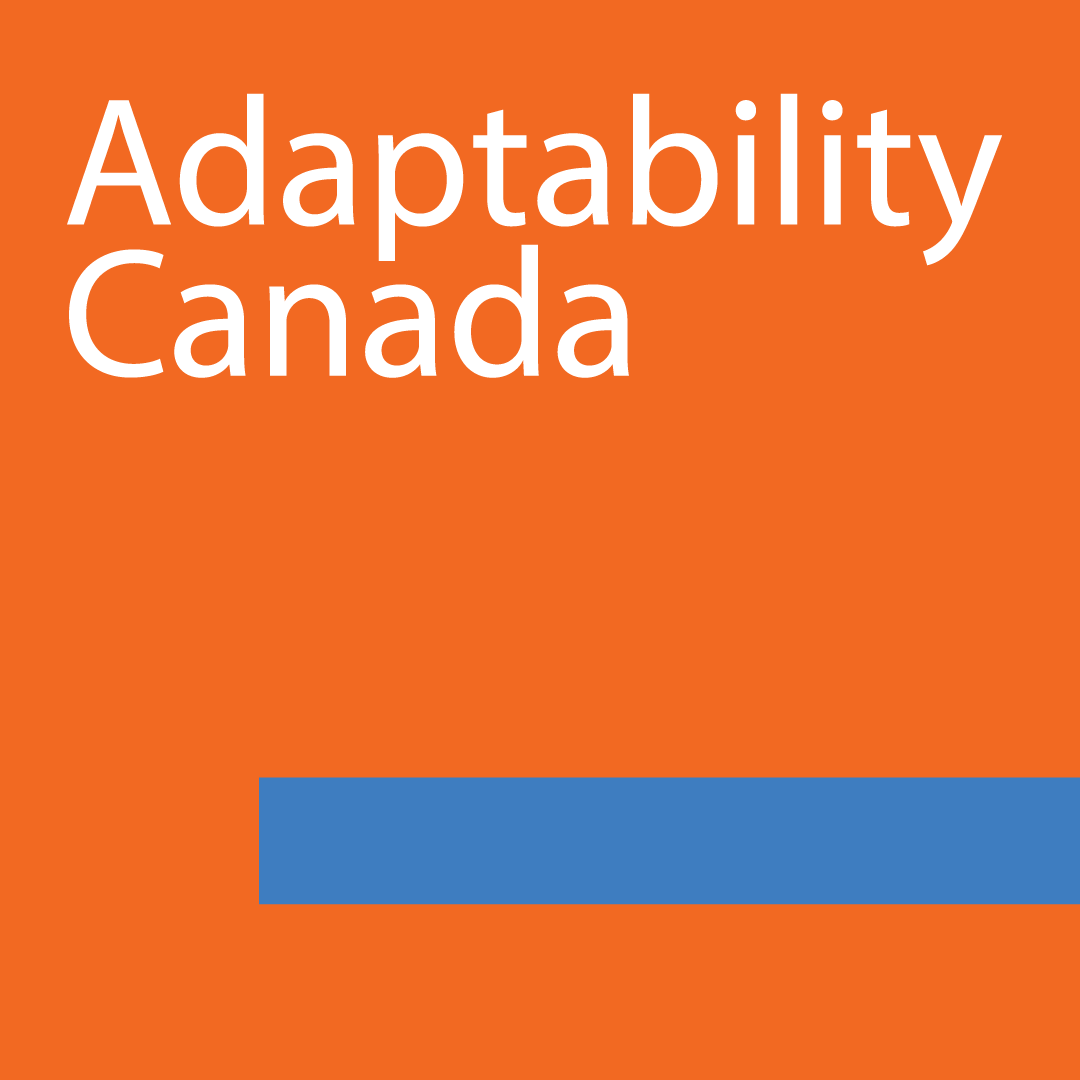
New Report Calls for Urgent Action to Remove Accessibility Barriers in Canadian Procurement
A groundbreaking report by Adaptability Canada, developed in collaboration with leading accessibility and procurement experts, reveals systemic barriers that prevent people with disabilities and disabled-owned businesses from fully participating in Canadian procurement processes.
The Accessible Procurement Research Project (APRP), conducted between January 2022 and December 2024, highlights major obstacles, including complex procurement procedures, inaccessible digital platforms, the limited effectiveness of supplier diversity initiatives, and deep-rooted bureaucratic resistance to change.
According to a Statistics Canada survey in early 2025, 2.5% of private sector businesses in Canada—more than 25,000 companies—are majority-owned by people with disabilities. Yet, as noted by Brad Brohman, Managing Director of the Inclusive Work and Supply Council of Canada (IWSCC) and a key collaborator on the report, fewer than 50 majority disabled-owned businesses are certified to participate in supplier diversity programs. As a result, their share of public and corporate spending remains negligible.
“Procurement must be a tool for ensuring equal access to the diverse supplier community—most of whom are small businesses delivering exceptional value-for-money,” says Brohman. “Yet, too few disabled-owned businesses are benefiting from these opportunities.”
Key Barriers Identified
The research identifies two primary challenges preventing greater participation of disabled-owned businesses in procurement:
- Fear of Discrimination – Many entrepreneurs with disabilities hesitate to self-identify, especially those with invisible disabilities such as mental health conditions, due to concerns about discrimination in business.
- Lack of Awareness – Many disabled entrepreneurs are unaware of procurement opportunities, while procurement organizations and corporate buyers often lack knowledge of the availability and capabilities of disabled-owned suppliers.
According to Jeff Wilson, lead researcher on the project and CEO of Adaptability Canada, a disabled-owned business, this knowledge gap has created a widespread misconception that there are no qualified disabled-owned suppliers in the market.
“Procurement should be a pathway to economic inclusion, but for many disabled entrepreneurs, it remains an inaccessible and exclusionary system,” says Wilson. “We must create an environment where people with disabilities feel safe from discrimination while ensuring procurement leaders actively seek out and support diverse suppliers.”
Wilson, who has been a strong advocate for disabled-owned suppliers for nearly a decade, has personally witnessed both direct and indirect discrimination in business due to his own mental health disabilities.
A Call to Action
To drive meaningful change, the report urges governments and corporations to:
- Establish clear accessibility standards for procurement.
- Simplify procurement processes to remove unnecessary barriers.
- Strengthen supplier diversity policies in alignment with the Accessible Canada Act (ACA).
The full report provides insight into common barriers and potential actions that can be taken in both public and private sector procurement organizations. The report can be requested at https://www.adaptabilitycanada.com/APRP-report-access/.
Background
Here are the five most important takeaways from the Accessible Procurement Research Report (APRP) by Adaptability Canada:
- Disabled-Owned Businesses Face Major Barriers in Procurement
Despite over 25,000 disabled-owned businesses in Canada, fewer than 50 are certified for supplier diversity programs. Complex regulations, inaccessible procurement platforms, and a lack of awareness create significant challenges for their participation in government and corporate procurement opportunities.
- Procurement Processes Are Inaccessible and Overly Complex
Many procurement processes, including Request for Proposals (RFPs), contain legal jargon, complicated documentation, and inaccessible digital platforms. These barriers disproportionately impact individuals with disabilities, particularly those with cognitive and sensory impairments.
- Resistance to Change Slows Progress
Procurement professionals often see accessibility as a compliance issue rather than a strategic priority. Strict trade agreements and risk-averse policies discourage organizations from making necessary changes to improve accessibility and inclusion.
- Supplier Diversity for Disabled-Owned Businesses Is Underdeveloped
While supplier diversity programs exist for women, Indigenous, and visible minority-owned businesses, disabled-owned businesses remain largely overlooked. Canada lags behind countries like Australia, which has implemented successful procurement policies to support diverse suppliers.
- Urgent Need for Policy, Process, and Awareness Reforms
The report calls for clear accessibility standards under the Accessible Canada Act (ACA), simplified procurement processes, and more inclusive supplier diversity programs. Education and training for procurement professionals are also essential to ensure lasting, meaningful change.
Address
hello@adaptabilitycanada.com
2 – 520, Coronation Drive, Toronto, ON, Canada
